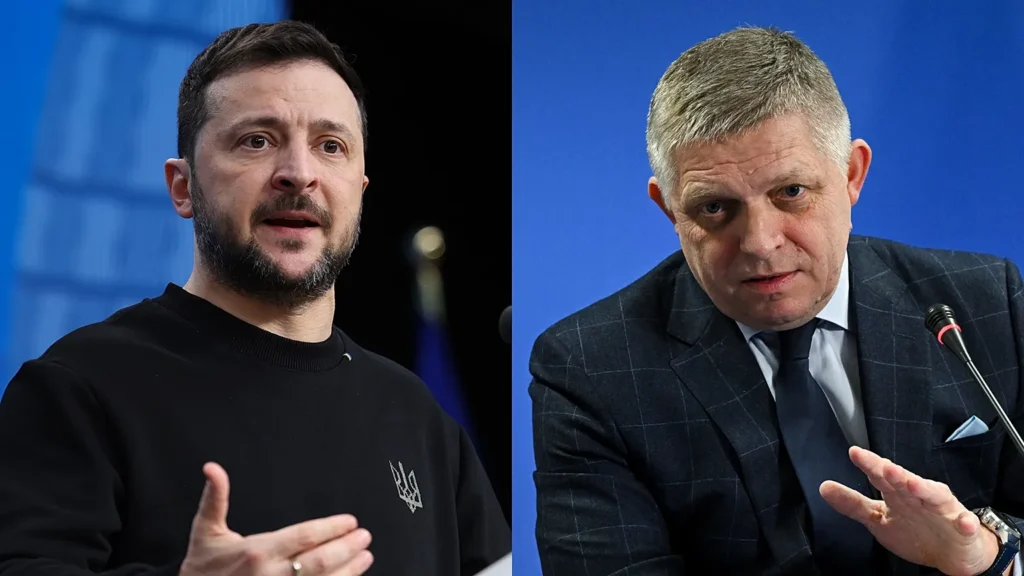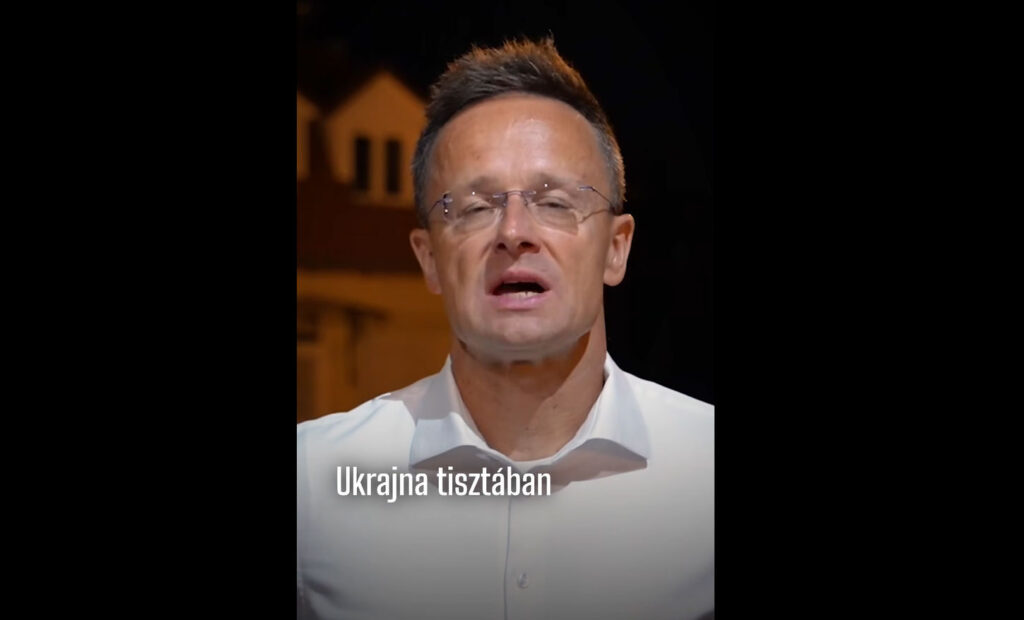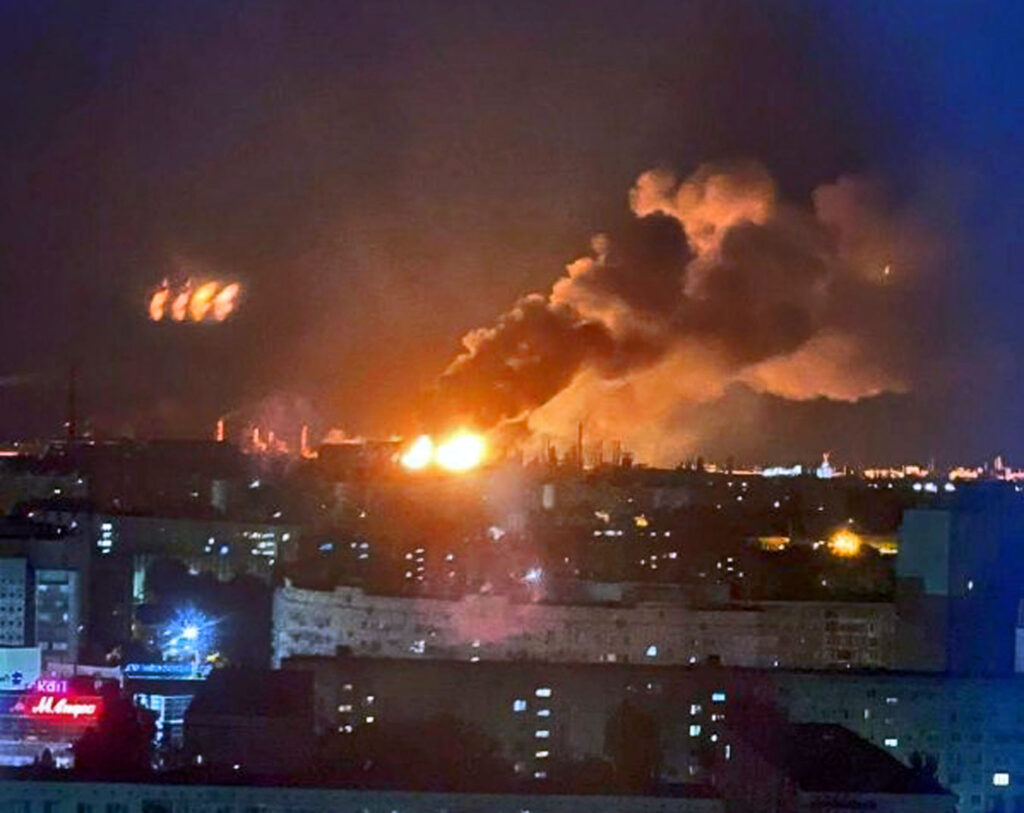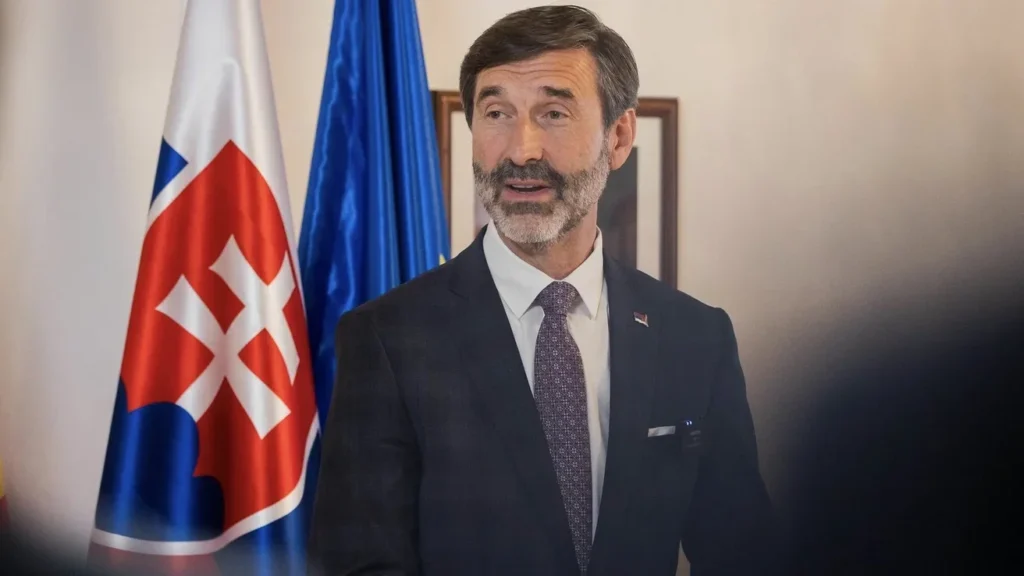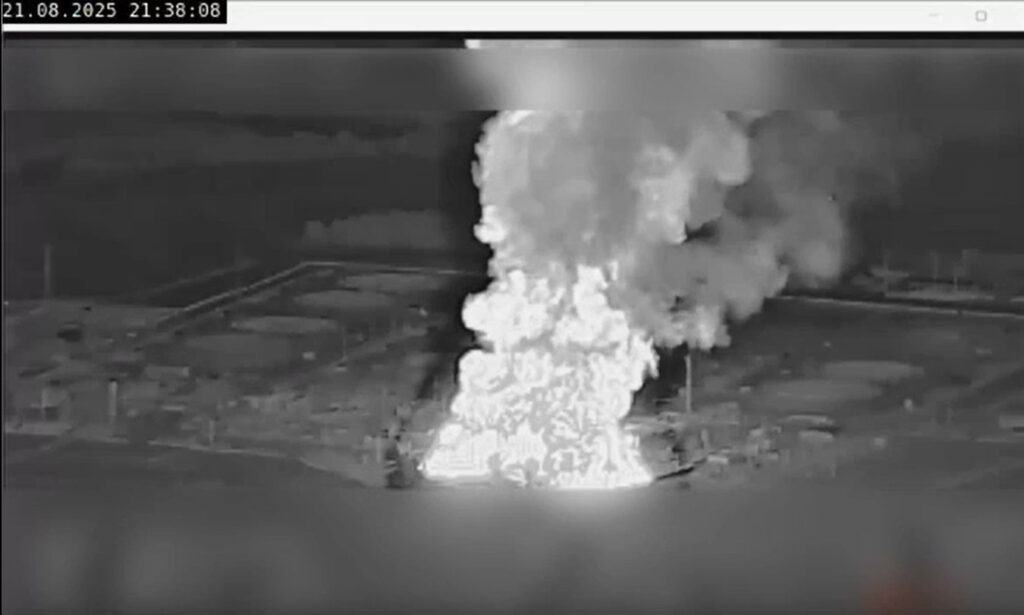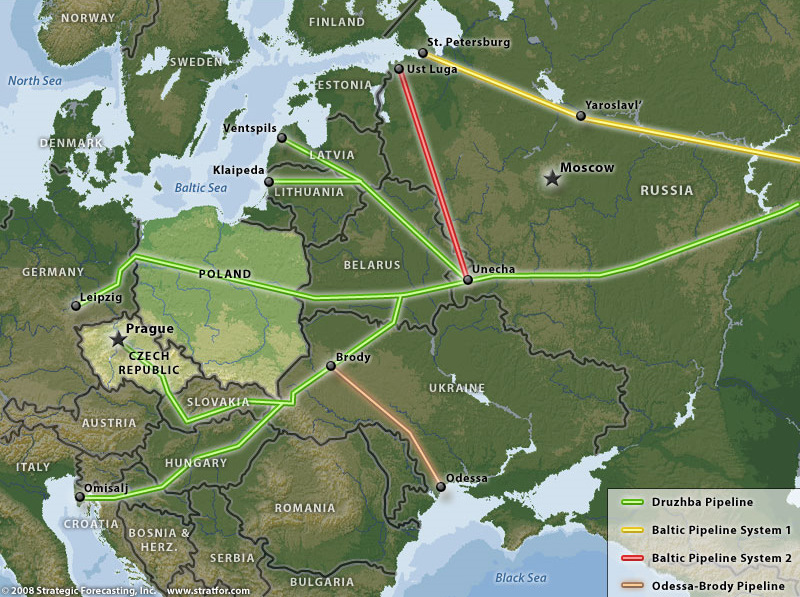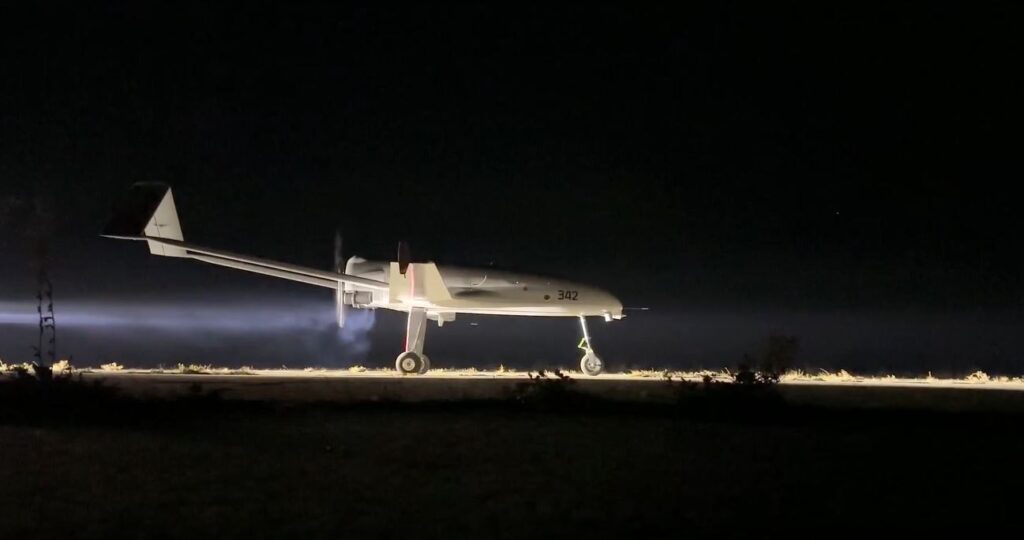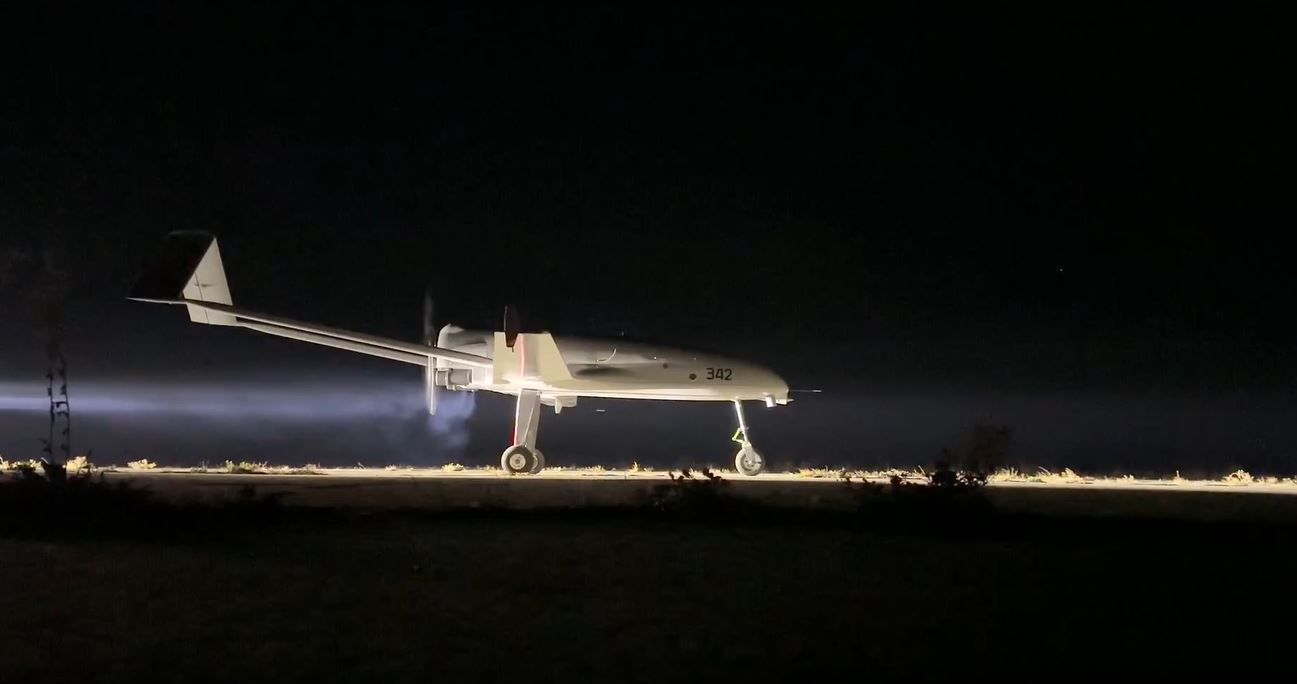Main oil pipeline reportedly blown up in Russia’s Saratov Oblast
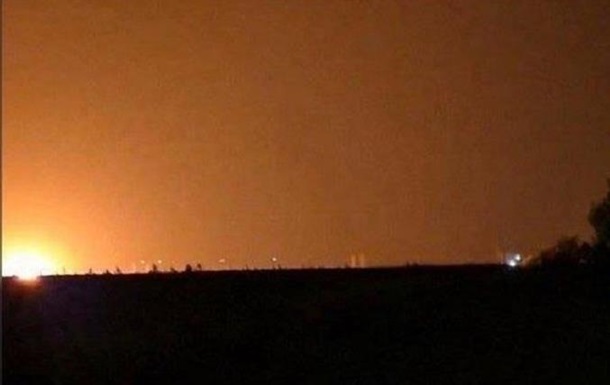
A powerful explosion occurred on a main oil pipeline in the Krasnoarmeisky district of the Saratov Oblast at about 1 am local time on 8 September, according to sources in the Main Intelligence Directorate (HUR) of Ukraine’s Ministry of Defense who spoke to Hromadske.
The blast damaged the Kuibyshev-Lisichansk main oil pipeline, which supplied petroleum products to Russian military forces. The affected pipeline has a capacity of 82 million tons per year, according to the intelligence source.
Workers were observed gathering at the site following the explosion to address the damage. Russian media attributed the series of explosions in Saratov Oblast to “planned exercises.”
The pipeline attack represents the third oil and gas infrastructure target hit within 24 hours. Earlier incidents occurred in Russia’s Penza Oblast, where explosions damaged gas pipelines and oil infrastructure on 8 September.
At approximately 4:00 am on 8 September, at least four explosions occurred in Penza’s Zheleznodorozhny district, sources told Hromadske. The blasts put two main gas pipeline tubes with a capacity of 2 million barrels per day out of operation. Two regional gas pipeline tubes at the same location also sustained damage.
Local media described the incidents as scheduled exercises by Transneft Druzhba jointly with emergency and special services. The exercises were described as simulating responses to “man-made accidents at oil and gas infrastructure facilities.” Officials urged local residents to remain calm.
According to the HUR source, both damaged gas pipelines in Penza supported Russian military facilities involved in the war against Ukraine. The intelligence directorate said that all three infrastructure targets attacked within the 24-hour period served Russian military operations.
The explosions follow a pattern of attacks on Russian energy infrastructure since the war began. The incidents occurred as Russian forces continue their invasion of Ukraine.
